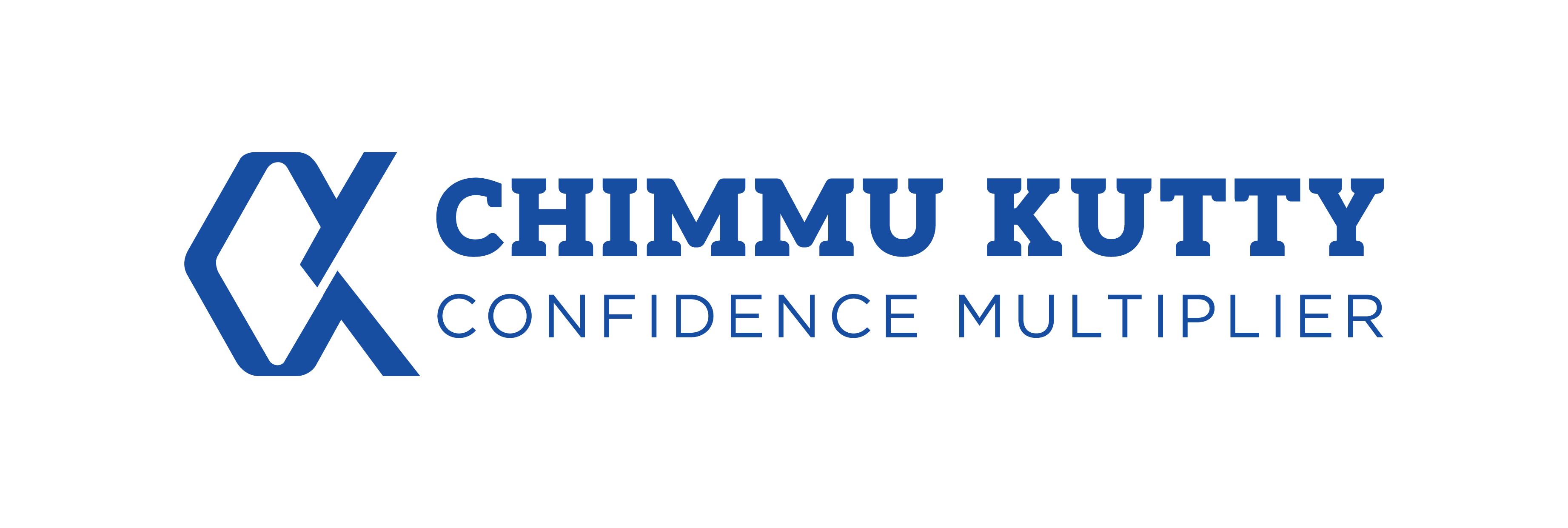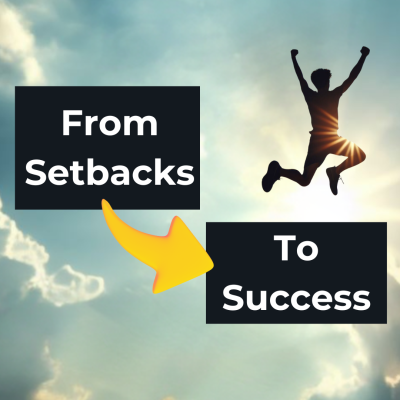
From Outwards to Inwards
June 3, 2022
Unlocking the Secrets of a Great Speech
April 28, 2023Overcoming the lethargy of inaction

The only thing limiting me from exploring my full potential is my lethargy!
I’m always brimming with ideas and plans, making notes, reading, and researching. When it comes time to act, there arises a gap between theory and practice!

Let’s find out how to bridge the gap and turn inaction into action.
Topics covered in this blog:
- Newton’s Law of Motion
- The different types of productivity
- Productivity at the workplace
- Productivity outside the workplace
- Deep work at the office
- Deep work on things outside of the office
- The curious connection between productivity and deadlines
- The Productivity – Deadline Graph
- The question to ask
- Artificial deadline
- Schedule work according to my energy
- Get an accountability partner
- Break down all tasks into small bite-sized chunks
- Celebrate every completed task
- Conclusion
How do I manage when it seems that I am fighting against my lethargy to get things done?
Have you ever felt like this? Feeling like you are swimming against the tide to do stuff?
I totally get Newton’s law of motion now!
Newton’s first law: the law of inertia

Newton’s first law states that if a body is at rest or moving at a constant speed in a straight line, it will remain at rest or keep moving in a straight line at constant speed unless it is acted upon by a force.
There was a strong force acting on me! Whenever I started working, I would feel like my brain is shutting down slowly, part by part. It’s soo difficult for thoughts to make their way to the brain’s surface. I start to feel sleepy.
Is it any use fighting against such strong forces? I give up!
However, giving up is not an option nor is it a solution.
The different types of Productivity

Let’s talk about the different types of productivity first before understanding how we can be more productive.
- Productivity at the workplace
- Productivity outside the workplace
- Deep work at the office
- Deep work on things outside of the office
Productivity at the workplace

This is a whole arena of productiveness by itself. Work demands that we give it our focus. Work has a routine, deadlines, and the variety of meetings and breaks.
When we get to work, our minds automatically get into work mode. Everything else gets shut out. It really does not matter what time of the day it is. If there is work to be finished, it just gets done.
Many of us are extremely good in this area.
Productivity outside of work

This area covers all the urgent and necessary things we must do. Like filing taxes, house repairs, and even shopping for essential stuff. Gotta feed the kids, do the laundry, and clean the house (optional)! These too, get done, because we have to do them.
Many of us necessarily become good in this area as we don’t want to spend too much time here. Unless you like it, in which case, enjoy the feeling and take pride in your passions!
Deep work at the office

There will be times when you are called upon to do some deep work. Maybe create a program or generate a report, etc. This work requires you to think, ideate and create. Many executives are expected to think and create plans, about the future of the company and the product. Their role asks them to take the helicopter view and think ahead.
Herein lies the crux. Unless you allocate specific time for these tasks, they will not turn out to be up to the high standards expected from you.
Few of us manage to do this well.
Deep work on things outside of the office

This includes thinking about your life, your goals, and your finances. It also includes your passions, the courses you want to upskill yourself in, family, and vacation planning. If you are a creator, you need to think deeply about the content you want to generate and share with the world. You need to allocate time to do the work. What is your long-term strategy?
Hardly 1% of people are able to actually accomplish this.
The curious connection between productivity and deadlines
When I went through these different types of productivity, I noticed that there was a curious connection between productivity and deadlines.

If there was a deadline in the office, we develop superhuman powers of stamina and creativity and get it done.
What about when we have to do some deep work and produce a good report, review, or program? We make conscious efforts to block time and work on the project. It has a deadline too! And this motivates us to knuckle down and use the ol’ brain to come up with a good output.
Let’s move to our life outside of the office. To the myriad tasks we need to complete on a given day. Many of these will be routine, yet essential. We may not be motivated, but we will somehow get these done.
What if there is a pet project you are working on? Like writing a book, wanting to take an upskilling course, or planning early retirement?
These have no deadlines. And here is where most of us face deep challenges in focusing our minds to work on these projects.
This graph shows how productivity and deadlines are related.

Now that we have an idea of the types of productivity, let’s focus on the one with no deadlines. These projects are crucial to us and these may make the difference in how our career and our life progresses.
What is the question we need to ask ourselves?

What are the ways I can work with myself to become more
productive on projects important to me?
I have tried and tested a lot of methods and the following is the result.
Here are some methods which worked for me.
- Artificial deadline
- Schedule work according to my energy
- Get an accountability partner
- Break down all tasks into small bite-sized chunks
- Celebrate every completed task
Artificial deadline

Whenever I have a deadline, I always advance it by 2-3 days. I keep this as my new deadline. This gives me a buffer to work and also to correct any mistakes made.
This works well when the original deadline is externally imposed. The fear of missing the real deadline ensures I keep to the artificial one.
For eg. Filing my taxes, and paying the bills.
Schedule work according to my energy

This works very well for me. I took a few days to first study my energy pattern throughout the day. I realised that I was alert during the mornings most days. On some days, when I felt really tired from the previous day, I just allow myself to relax. I catch up on work during afternoons when I’m much more awake and alert.
During the evenings, I get a surge of energy from around 8 pm till 10 pm. I make sure to do some work during this time.
Everyone runs on a different energy schedule throughout the day.
I have just decided to go with the flow and be aware of how my energy dips and peaks.
Get an accountability partner

I use this technique often. I meet my friend online, weekly, to help both of us complete some work. Each week we will commit to doing something. We send reminders during the week on WhatsApp to make sure we are on track. It works wonderfully. I love this one!
Break down all tasks into small bite-sized chunks

This is how I do all my work. To prevent me from getting overwhelmed and to avoid slipping into the vortex of overthinking.
I start with the outcome or the end in mind. Then work backward breaking down each task into the smallest bits.
This way, when I look at my list, I feel I can tackle it one by one.
Celebrate every completed task

At the end of the day, I have a tendency to look at all the unfinished tasks and feel the day was unproductive and wasted. This makes me feel sad and demotivated. This carries on to the next day too. Which is when it becomes a big challenge. The next day’s tasks also do not get done.
So, I decided to look at the positive side and congratulate myself on all the stuff I did get done during the day. This built up a high. This sense of accomplishment spilled over to the next day too, making it easier for me to get into work mode.
Conclusion

Overcoming the sense of lethargy and becoming more productive, has many layers to it.
The structure and routine of the office help us to be productive and stay on course with our projects and deadlines.
The challenge arises when it is our own private project which has a ‘someday’ deadline. These projects for self-improvement may well be the most life-changing for us.
Through my experience and experiments, I have found these 5 methods that have worked for me.
- Artificial deadline
- Schedule work according to my energy
- Get an accountability partner
- Break down all tasks into small bite-sized chunks
- Celebrate every completed task

Using these 5 methods mentioned above and using my energy as a guide, I have actually improved my productivity.
How are you overcoming the lethargy of being inactive and managing your energy to boost your productivity?
All photo credits: Canva



